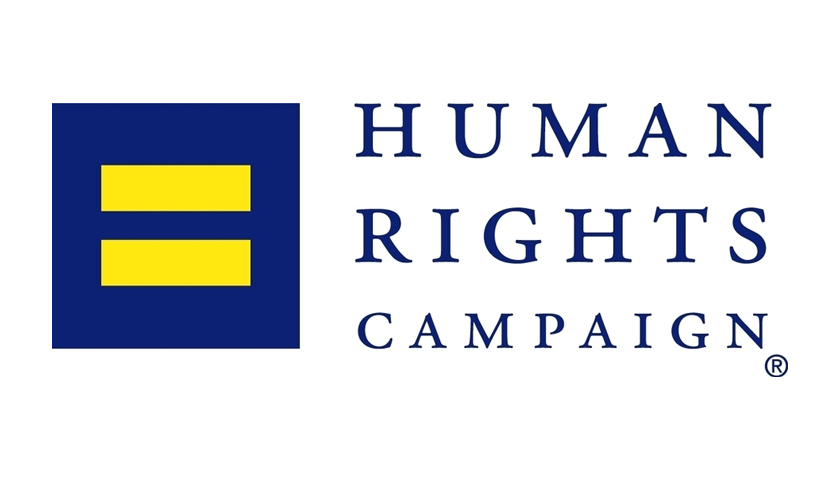The Human Rights Campaign Foundation’s HRC Equidade BR: Global Workplace Equality Program today released its fourth annual benchmarking report, recognizing 75 companies across Brazil that earned the maximum score and designation of “Best Places to Work for LGBTQIA+ People” (Melhores Empresas Para Pessoas LGBTQIA+ Trabalharem). Conducted in partnership with Instituto Mais Diversidade and the Fórum de Empresas e Direitos LGBTI+, this year’s survey shows that even as overall participation declined globally in the wake of far-right attacks on diversity, equity, and inclusion, Brazilian companies are deepening their commitment to LGBTQIA+ inclusive workplace policies and practices.
This year, a total of 92 companies participated in the index, with 81.5% achieving certification — up from 63.7% last year. Collectively, the program now impacts more than 913,000 employees nationwide, underscoring its role as a leading driver of workplace equality in Brazil.
“Even as some current global challenges threaten diversity, equity and inclusion, Brazilian companies are showing that inclusion isn’t just sustainable — it’s essential,” said RaShawn “Shawnie” Hawkins, SHRM-CP, Senior Director of the HRC Foundation’s Workplace Equality Program. “This year’s results demonstrate that more companies are not only adopting LGBTQIA+-inclusive policies, but embedding them into their operations, supply chains, and leadership. That translates to safer, more affirming, more innovative workplaces for nearly a million people across Brazil.”
Key highlights from the 2025 report include:
- 98.9% of participating companies have non-discrimination policies explicitly including sexual orientation — up from 83% in 2022.
- 90% have implemented formalized Diversity & Inclusion (D&I) policies.
- 95.6% of companies provide equal healthcare coverage for transgender employees, rising to 97.3% among certified companies.
- 35.8% of all participants and 40% of certified companies have Gender Transition Policies in place.
- 64% of companies have structured supplier diversity processes, a significant increase from 47% in 2022 (71% among certified companies).
- 95.6% of certified companies have an LGBTQIA+ Employee Resource Group (ERG) or similar affinity group, with nearly all backed by senior leadership.
- 93% of companies made at least one public commitment to LGBTQIA+ inclusion, most often through philanthropy, HR, or marketing.
- 97.8% of certified companies reported offering LGBTQIA+ inclusive D&I training programs, compared to 82% just three years ago.
“The drop in participation is concerning, as it suggests that some of the corporate sector may be stepping back from diversity commitments in challenging times. At the same time, Equidade BR highlights that companies maintaining their focus are achieving real, measurable progress. The future of workplace inclusion depends on the courage to keep advancing, rather than retreating,” said Helen, Executive Director of Instituto Mais Diversidade.
The 2025 HRC Foundation Equidade BR report evaluated Brazilian companies on five core pillars of LGBTQIA+ workplace inclusion:
- Adoption of nondiscrimination policies;
- Creation of employee resource groups or diversity and inclusion councils;
- LGBTQIA+ training and education;
- Engagement in public activities to support LGBTQIA+ inclusion;
- Equitable benefits for LGBTQIA+ employees.
Through its Corporate Equality Index (CEI) and partnerships with local organizations, the Human Rights Campaign Foundation’s Global Workplace Equality Program is advancing LGBTQIA+ workplace inclusion across the U.S., Mexico, Chile, Argentina, and Brazil — impacting more than 30.6 million employees worldwide.
More information on HRC Foundation’s Workplace Equality Program in Brazil can be found here.
